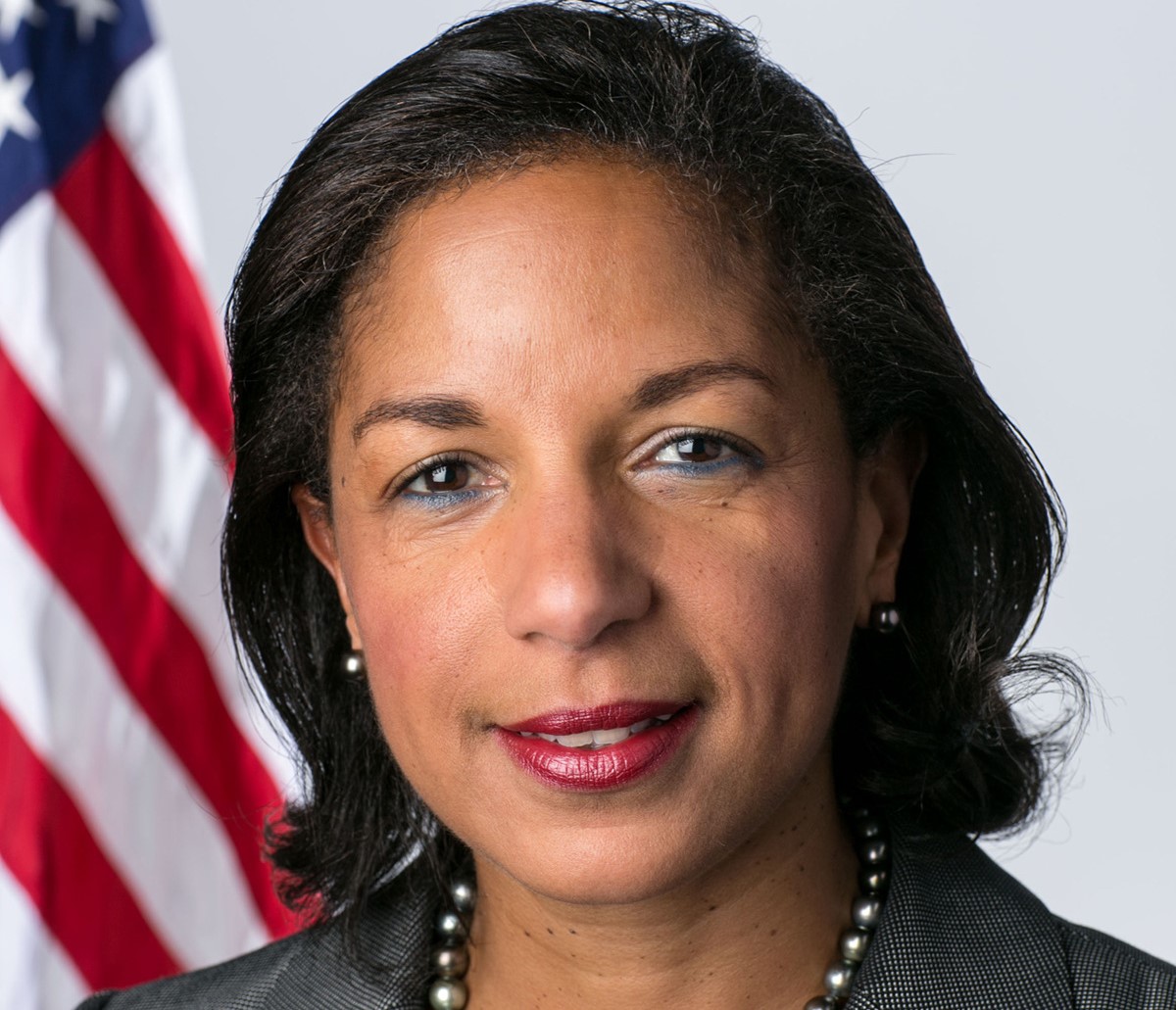
A member of the Democratic Party, Susan Rice is best known for the prominent role she played in President Barack Obama’s administration. She first served in the Obama Cabinet as the 27th U.S. Ambassador to the United Nations, making her the second youngest person – and the first African-American woman – to hold the position. After this, Rice became the 24th U.S. National Security Advisor, a tenure that lasted from 2013 to 2017. In this role, she provided the President with daily national security briefings and was responsible for all aspects of the Administration's intelligence, security policy, and military efforts. Rice's career in public service began in 1993 when she joined President Bill Clinton’s National Security Council. Her work here comprised overseeing U.S. policy for 48 African countries and the management of 43 U.S. Embassies. In 2000, her efforts in Africa were honored with the Samuel Nelson Drew Memorial Award by the White House. More recently, President Joe Biden selected her as Top White House Domestic Policy Advisor in December 2020.
In 1982, Rice enrolled at Stanford University after graduating as valedictorian of her private girls' day school in Washington, D.C. Her time at Stanford was characterized by academic excellence and activism. A history major, she was elected Phi Beta Kappa her junior year. In 1984, she won the Truman Scholarship, an award granted to undergraduates pursuing a career in public service. In the same year, Rice was among the first recipients of the Stanford public service fellowship awards. Outside of the classroom, Rice made campus headlines when she created a fund that withheld alumni donations until the university either stopped their investments in companies doing business in South Africa, or the country ended apartheid. In 1986, she graduated with honors, receiving a Bachelor of Arts in History. She was also awarded a National Merit Scholarship and the prestigious Rhodes Scholarship, which she used to continue her education at Oxford University.
Over the years, Rice has frequently returned to campus to give lectures and attend special events. In 2002, she was admitted into Stanford's Black Alumni Hall of Fame. As a much sought-after speaker, Rice’s primary theme across the decades — whether at a 1991 talk about America's stakes in ensuring Africa’s development; a 2011 event honoring LGBT alumni; or her latest 2019 visit to discuss national unity — has been consistent: She wants members of the Stanford community to assume the responsibility of public service. At Stanford’s 119th Commencement in June 2010, Rice urged graduates to become more proactive in bettering the world. “Things get better because we make them better, and things go wrong when we get too comfortable,” Rice told the graduates. “If you want change, you have to make it. If we want progress, we have to drive it.”
